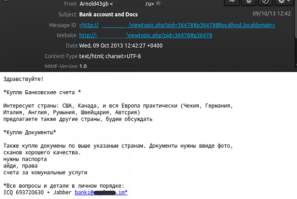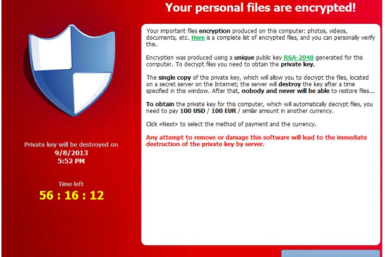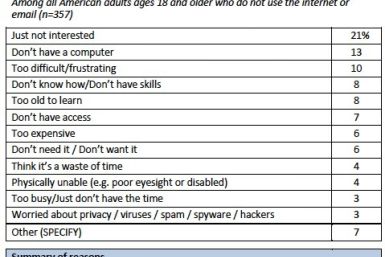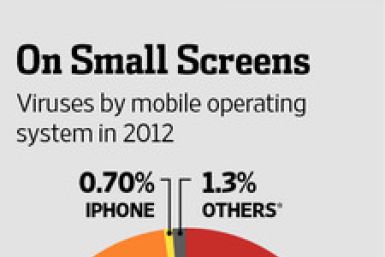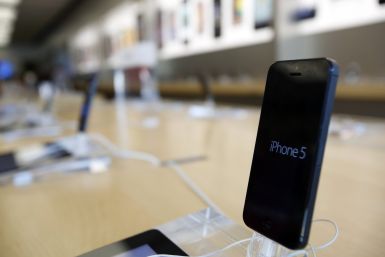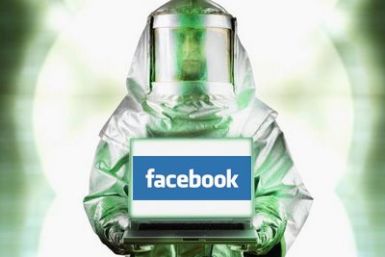A local police force in Swansea, Mass., recently had to pay $750 in Bitcoins to recover images and documents encrypted by CryptoLocker.
A study found that the CryptoLocker virus is targeting the US and infected more than 12,000 computers in just one week. Here's how the hackers are avoiding detection.
A study found that 40 percent of malware analysts have removed malware that originated from a senior executive visiting a pornographic website.
Did you catch the CryptoLocker malware and refuse to pay the ransom to get your files back? The hackers responsible are offering you a second chance.
A phishing scam quickly spread through Facebook on Monday by appealing to users that like big butts.
Thousands of eager PC gamers have downloaded malware in the form of a BitTorrent that purports to be an early release of “GTA V” for PCs.
A dangerous new walware threatens to forever deny the user access to his or her files unless a ransom in bitcoins is paid to the hacker within 100 hours.
The Pew Research Center's Internet and American Life Project finds that 15 percent of American Adults are still offline.
Lily Collins tops McAfee's "Most Dangerous Celebrity" list as searches for the actress led to a 14.5 percent change of landing on a site loaded with malware.
A new report reveals that Samsung will announce that new Android devices will come with antivirus software baked in.
A recent study found more than 718,000 examples of malware on Android mobile devices, a huge increase from earlier in the year.
With televisions and toilets now connected to the Internet, hackers have developed new methods for invading your life.
Users of the anonymous TOR network are blaming the FBI for a malware that sends their identities to a server in Virginia.
At the Black Hat conference in Las Vegas, researchers demonstrated two new ways for hackers to attack iPhones and iPads.
Japanese police arrested a millionaire international poker champ for running an Android malware crime ring.
A Woodbridge, Va., man turned himself into the police after computer malware tricked him into thinking there was a warrant out for his arrest for possessing child pornography.
Hackers are exploiting Facebook's API to spread malware targeted at fans of professional sports.
The Zeus malware, which can drain bank accounts and steal passwords, has found a new home on Facebook.
Microsoft is deploying its cloud-based Azure software to battle botnets and malware.
To combat online piracy, the entertainment industry has proposed using malware to track illegal content.
A new Trojan virus can intercept text messages and forward them to hackers, getting around two-step verification systems.
In response to a growing number of compromised Twitter accounts, Twitter introduced a new two-step verification system to combat hackers.









